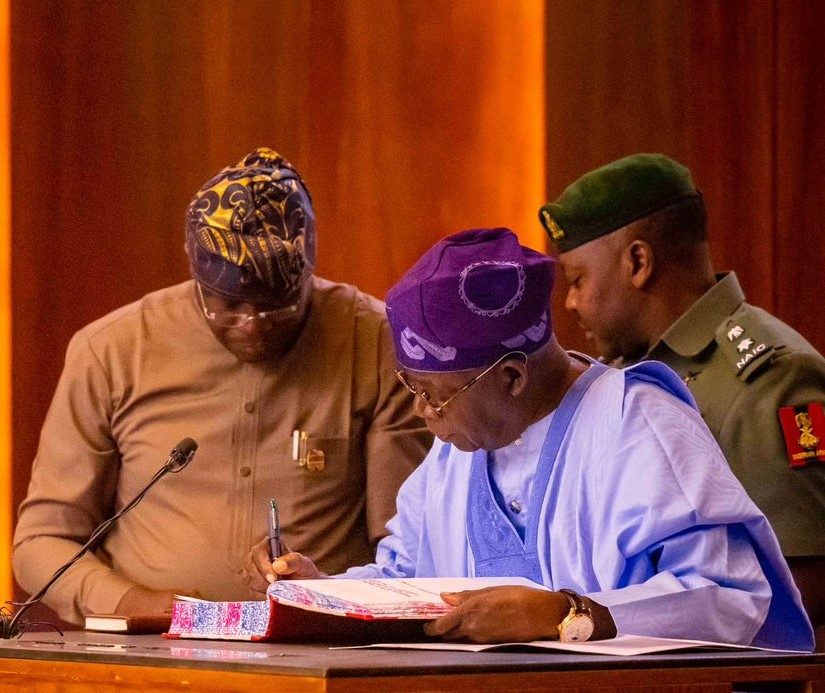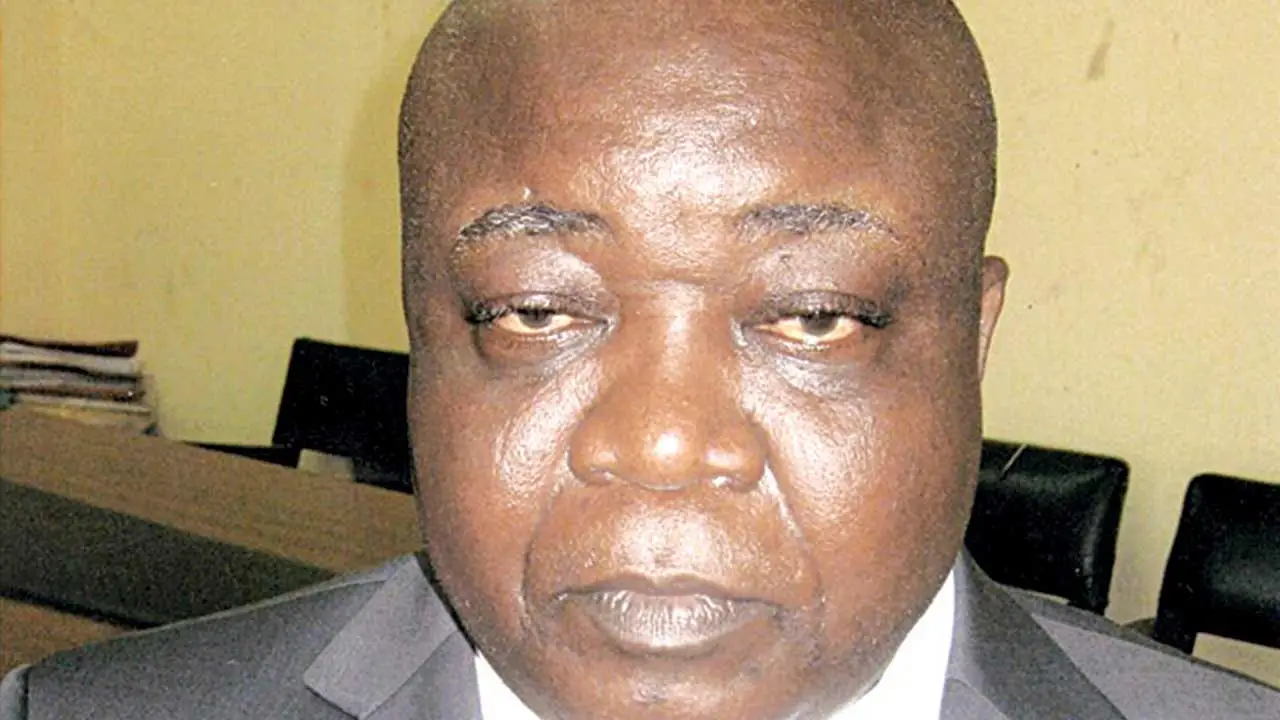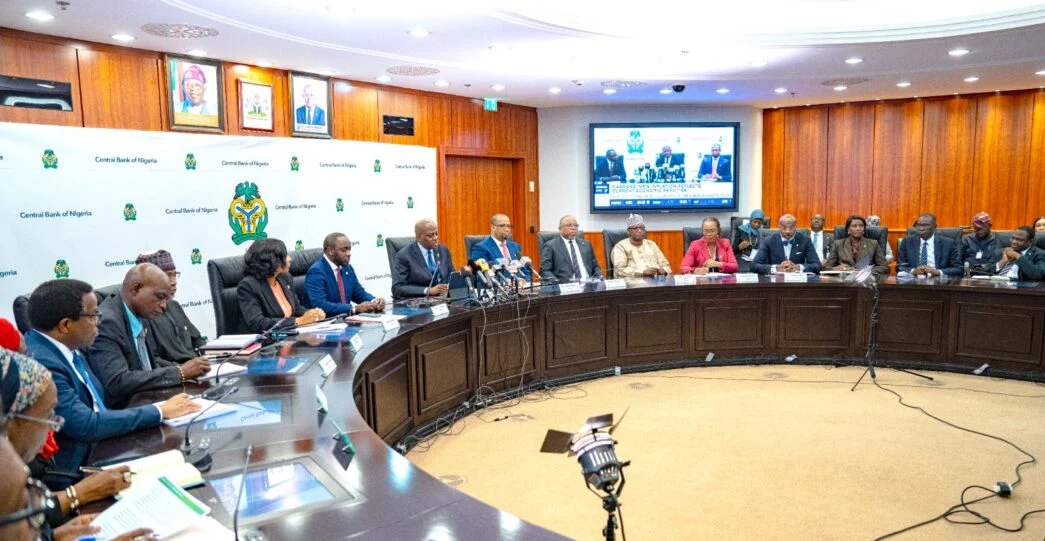In a bid to salvage Nigeria as one of the most underpowered countries in the world, President Bola Tinubu has assented to the Electricity Bill 2023, replacing the Electricity and Power Sector Reform Act 2005.
Based on current population and income level, Persecondnews gathered that Nigeria power consumption is 80 per cent below expectation, but the Electricity Act 2023 will open a pathway for private investors to engage in the operation of mini-grids and power plants after getting license from the states.
Persecondnews had reported that between 2015 and August 2022, under ex-President Muhammadu Buhari administration power generation in the country crashed by 981.8 megawatts, despite the over N1.51tn intervention fund to revamp the sector.
According to data from Nigerian Electricity Regulatory Commission (NERC), from 2010 to second quarter of 2022, Nigeria power grid suffered 222 partial or total collapse, resulting in power generation fluctuating between 4,000MW and 5,000MW.
The Electricity Act seeks to address the challenges faced by the 92 million people that lack access to power by providing a framework that will attract private investors, promote competition that will ultimately improve electricity generation in Nigeria.
One of the key features of the Act is that it empowers state, companies, and individuals to generate, transmit, and distribute electricity, thus encouraging decentralization and localizing power generation.
The main thrust of the Act is on renewable energy generation with firms and individuals permitted to either create power from renewable energy sources, purchase power generated from renewable energy or purchase any instrument representing renewable energy generation.
Mr Tolu Ogunlesi, former Special Assistant on Digital and New Media to ex President Muhammadu reacting to the recent development, said the new Act clearly spells out the relationship between NERC and state regulators.
He said: “In a nutshell, Constitution Amendment Act on Electricity has paved the way for the new Electricity Act, 2023; while Electricity Act brings a great amount of clarity and detail to the new Constitutional framework, spelling out powers and responsibilities of Federal vs State.
“So, we not only now have a new Constitutional framework for electricity generation, transmission and distribution in Nigeria (March 2023), we now have in addition, through the new Act (June 2023) greater clarity as to how exactly the new post-Constitution Amendment era will work.
“For example, new Electricity Act 2023 spells out relationship between NERC—the designated sole national Electricity Industry Regulator pre-Constitution Amendment—and the new State Regulators that can now be established as a result of the Constitution Amendment.”
























Leave a comment